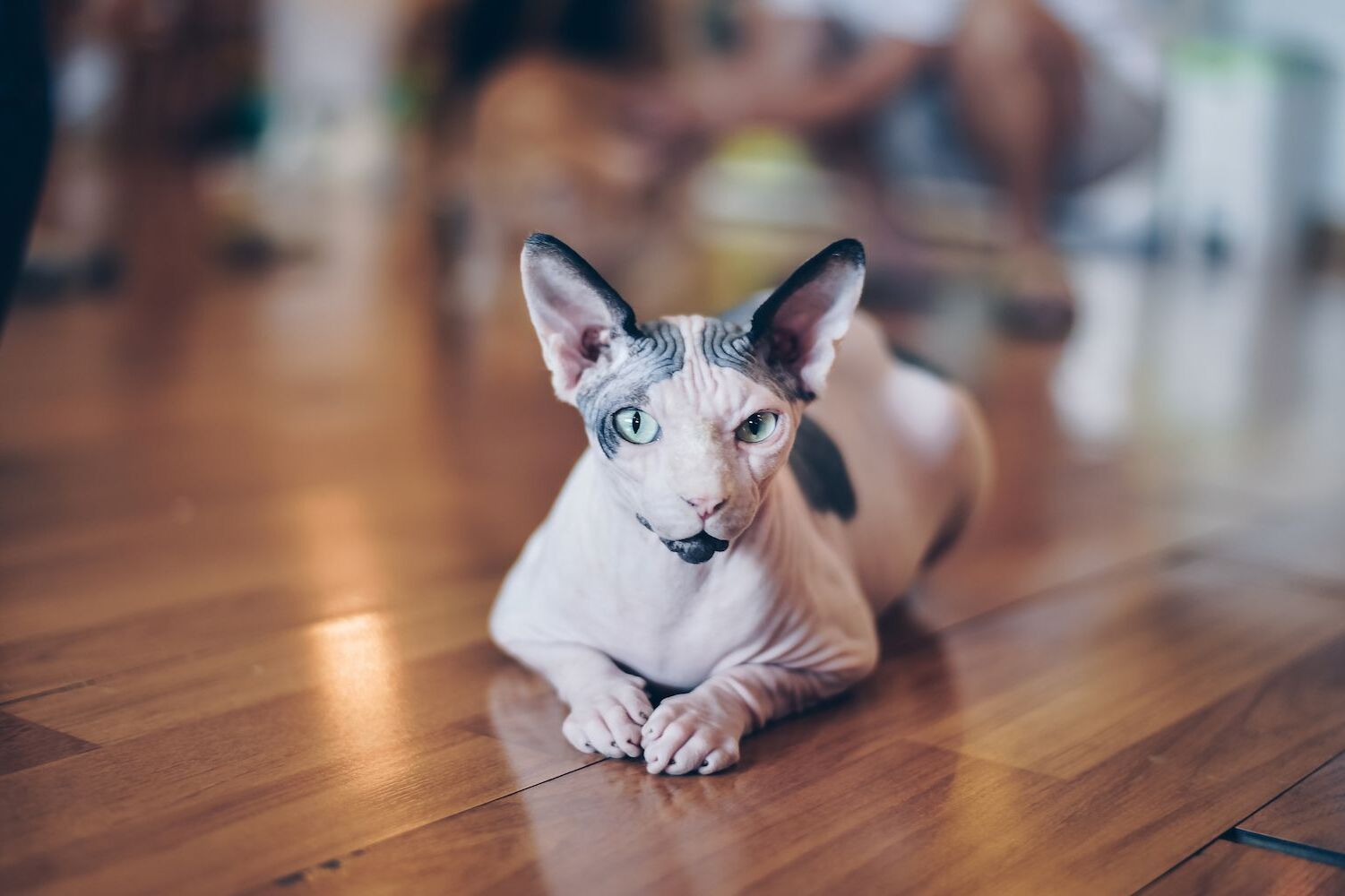
Ever wondered what makes hairless cats so special? These unique felines, often called Sphynx cats, have captivated pet lovers worldwide with their distinct appearance and charming personalities. Despite their lack of fur, hairless cats are known for their warmth, both in body temperature and temperament. They’re not just a pretty face; these cats are intelligent, playful, and incredibly affectionate. If you’re considering adopting one or just curious about these fascinating creatures, you’re in the right place. Here are 19 great facts about hairless cats that will make you fall in love with them even more. Get ready to be amazed!
What Are Hairless Cats?
Hairless cats, often called Sphynx cats, are unique felines known for their lack of fur. Despite their bald appearance, these cats have a lot to offer in terms of personality, care, and history. Here are some fascinating facts about these intriguing pets.
Unique Characteristics of Hairless Cats
Hairless cats stand out not just because of their appearance but also due to their distinct traits.
- Hairless cats are not entirely bald. They have a fine layer of peach-fuzz-like hair that gives their skin a soft, suede-like texture.
- They come in various colors and patterns. Even without fur, their skin can display different colors and patterns, including tabby, tortoiseshell, and solid colors.
- They have large ears and eyes. Their prominent ears and wide-set eyes give them an alert and expressive look.
- They are known for their high body temperature. To compensate for the lack of fur, hairless cats have a slightly higher body temperature than other cats.
History and Origin of Hairless Cats
The history of hairless cats is as intriguing as their appearance.
- The Sphynx breed originated in Canada. In 1966, a hairless kitten named Prune was born to a domestic cat in Toronto, marking the beginning of the Sphynx breed.
- They are not related to ancient Egyptian cats. Despite their name, Sphynx cats have no direct connection to the ancient Egyptian Sphinx.
- The breed was developed through selective breeding. Breeders worked with hairless cats from different parts of the world to establish the Sphynx breed.
Care and Maintenance of Hairless Cats
Owning a hairless cat comes with unique care requirements.
- They need regular baths. Without fur to absorb oils, hairless cats need frequent baths to keep their skin clean and healthy.
- They are prone to sunburn. Their lack of fur makes them susceptible to sunburn, so they should be kept indoors or provided with sun protection.
- They require special skin care. Regular moisturizing can help prevent their skin from becoming dry or irritated.
- They need to stay warm. Hairless cats can get cold easily, so they often enjoy wearing sweaters or cuddling under blankets.
Personality and Behavior of Hairless Cats
Hairless cats are known for their affectionate and playful nature.
- They are very social. Hairless cats love human interaction and often follow their owners around the house.
- They are playful and energetic. These cats enjoy playing with toys and engaging in interactive games.
- They are known for their intelligence. Hairless cats are quick learners and can be trained to perform tricks or use a leash.
- They are often described as dog-like. Their loyalty and attachment to their owners can resemble the behavior of dogs.
Health and Lifespan of Hairless Cats
Understanding the health aspects of hairless cats is crucial for potential owners.
- They have a similar lifespan to other cats. Hairless cats typically live between 8 to 14 years, similar to other domestic cat breeds.
- They are prone to certain health issues. Hairless cats can be susceptible to heart disease, respiratory issues, and skin conditions.
- Regular vet check-ups are essential. Due to their unique health needs, hairless cats benefit from regular veterinary care.
- They can have allergies. Hairless cats can develop allergies to certain foods or environmental factors, requiring careful monitoring and management.
Final Thoughts on Hairless Cats
Hairless cats, like the Sphynx, are truly unique pets. Their lack of fur makes them stand out, but it also means they need special care. Regular baths, sun protection, and a warm environment are essential. Despite their unusual appearance, these cats are known for their affectionate and playful nature. They often form strong bonds with their owners and can be quite the attention-seekers. If you're considering adding a hairless cat to your family, be prepared for a bit of extra work, but also a lot of love and fun. Their quirky looks and charming personalities make them unforgettable companions. So, if you’re up for the challenge, a hairless cat might just be the perfect pet for you.
Was this page helpful?
Our commitment to delivering trustworthy and engaging content is at the heart of what we do. Each fact on our site is contributed by real users like you, bringing a wealth of diverse insights and information. To ensure the highest standards of accuracy and reliability, our dedicated editors meticulously review each submission. This process guarantees that the facts we share are not only fascinating but also credible. Trust in our commitment to quality and authenticity as you explore and learn with us.


